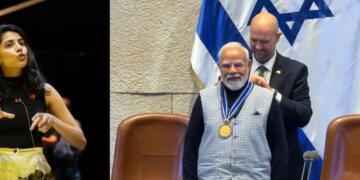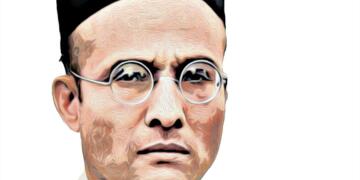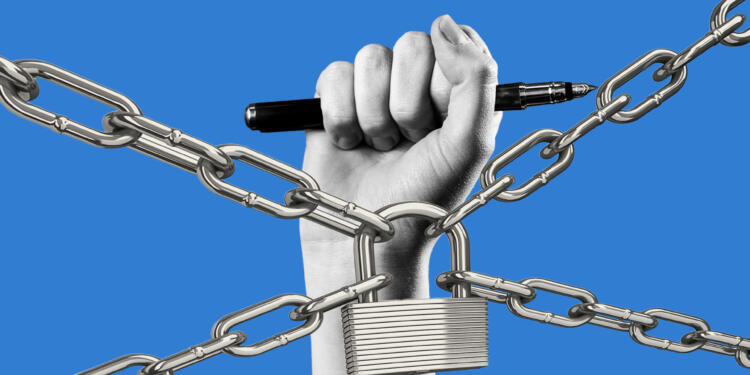In Punjab, the recent decision by the AAP government to ban Zee News channels has reignited concerns about press freedom and democratic values. The media, often hailed as the fourth pillar of democracy, plays a crucial role in shaping public opinion and holding those in power accountable. However, when governments impose restrictions on media outlets, it not only undermines democratic principles but also impedes the free flow of information and ideas within society. This article examines the implications of the ban on Zee News channels in Punjab, contextualizes it within the broader historical pattern of media censorship in India, and discusses its ramifications for press freedom and democracy.
The Ban on Zee News in Punjab
Zee News itself confirmed that all their channels were blacked out in Punjab, prompting speculation about the motives behind this move. While the exact rationale for the ban remains unclear, media organizations have denounced it as an assault on press freedom. They argue that restricting access to certain news channels directly infringes upon the fundamental right to freedom of expression, which is essential for a vibrant democracy. Moreover, allegations have surfaced accusing the AAP government, led by Chief Minister Bhagwant Mann, of attempting to suppress dissenting voices and manipulate public discourse.
Historical Context: Media Bans in India
To understand the significance of this ban, it’s essential to consider the historical context of media censorship in India. Throughout history, various governments have employed bans and censorship as tools to stifle criticism and control the narrative. One prominent example is the Emergency declared by the Congress government under Indira Gandhi in 1975. During this period, draconian measures were imposed, including strict censorship, media shutdowns, and the suppression of dissenting voices. Similarly, efforts to curb media freedom were made during Rajiv Gandhi’s tenure, notably with the introduction of the Defamation Bill in 1988.
Contemporary Examples and Opposition Criticism
More recently, controversies surrounding media bans have emerged, such as the alleged ban on ABP Ananda channel by the Mamata Banerjee-led government in West Bengal in 2018. These instances underscore a troubling trend of governments resorting to censorship to silence criticism and maintain control over the narrative. In the wake of the ban on Zee News in Punjab, opposition parties have vehemently criticized the AAP government for its authoritarian tendencies. BJP leaders have accused the government of hypocrisy, pointing out the contradiction between its rhetoric on democracy and its actions to suppress media freedom. Similarly, voices from other political parties, such as the JDU, have condemned the ban as an attack on the principles of democracy and free speech.
Constitutional Rights and the Way Forward
At its core, the issue at hand transcends partisan politics and speaks to the broader question of constitutional rights. Every citizen in India is guaranteed the right to freedom of expression under Article 19(1)(a) of the Indian Constitution, which encompasses press freedom. When governments impose bans on the media, they not only violate this constitutional right but also undermine the foundation of democracy itself. Such actions not only intimidate journalists but also deprive citizens of access to diverse perspectives and unbiased information.
Conclusion: Upholding Press Freedom
In conclusion, the ban on Zee News channels in Punjab represents a dangerous encroachment on press freedom and democratic principles. It is imperative that such restrictions be lifted immediately to safeguard the integrity of democracy. Governments must recognize that criticism and dissent are essential components of a healthy democracy and refrain from stifling media freedom. Ultimately, the strength and prosperity of democracy hinge on the ability of all citizens to express their views without fear or repression. Upholding and protecting the freedom of the press is not just a legal obligation but a moral imperative for ensuring a robust and thriving democracy.
ALSO READ: Are women safe under Arvind Kejriwal’s AAP Party?

























